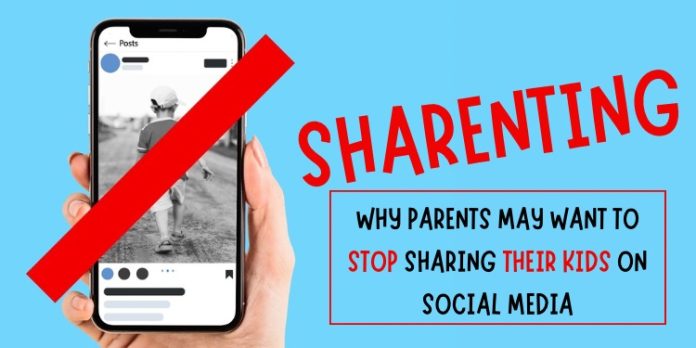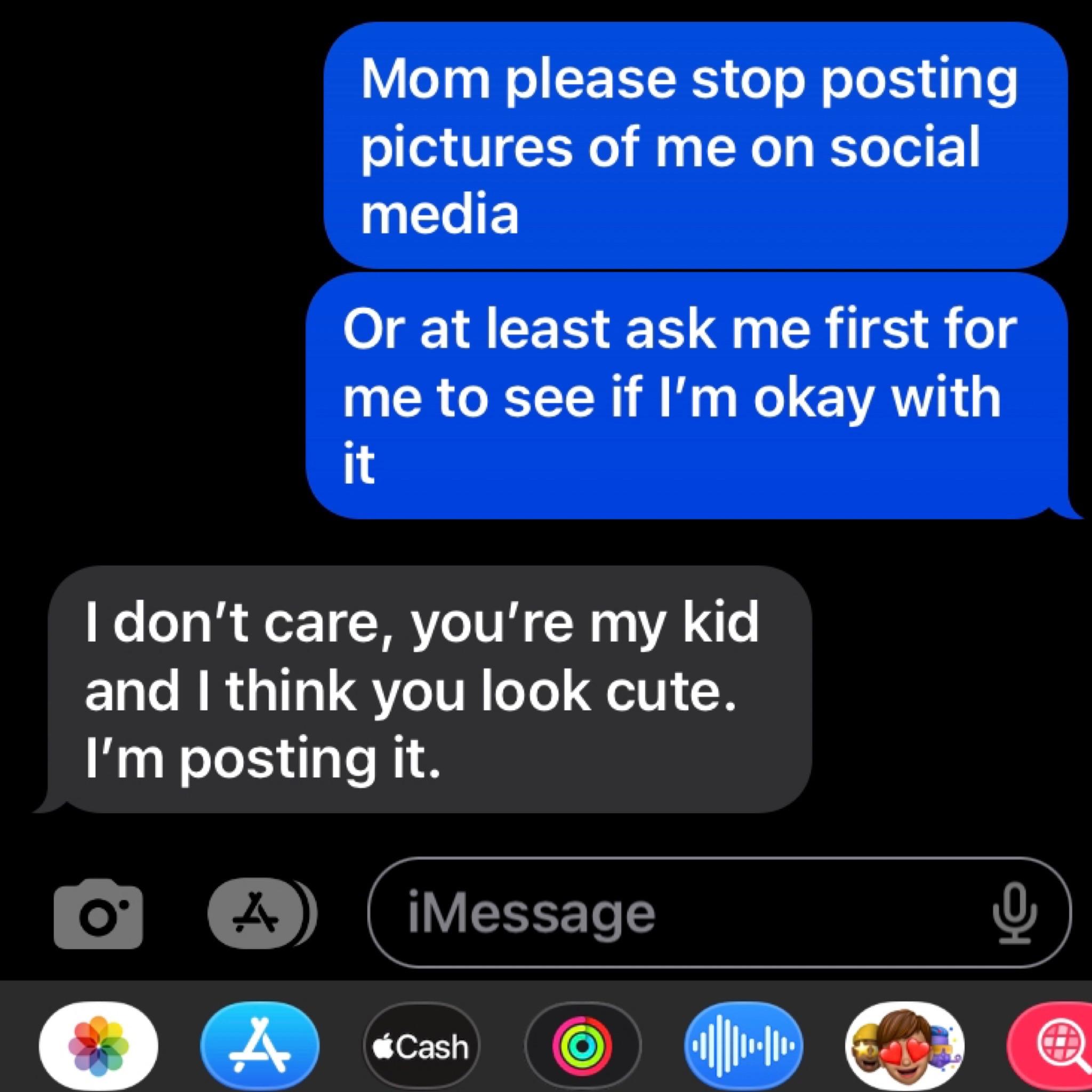In today’s digital age, the proliferation of social media has transformed how we document and share our lives, including the lives of children. Parents and guardians routinely post videos and photos of their kids, often amassing large followings and, in some cases, significant revenue from these posts. But as these children grow up, an important question arises: Do they have any rights to the profits generated from these posts, or the authority to demand that their content be taken down once they turn 18?
Who Owns The Content?
Currently, the legal landscape surrounding this issue is murky. In many jurisdictions, parents or legal guardians are considered the owners of any content featuring their minor children, granting them full control over what gets posted online. This includes the ability to monetize such content through sponsorships, ads, and partnerships. As minors, children generally do not have the legal standing to challenge these decisions, leaving them without a voice in how their likeness is used or profited from.
Gaining Legal Autonomy at 18
However, this situation becomes more complex when these children reach adulthood. Upon turning 18, individuals gain legal autonomy and, theoretically, could assert their rights over content featuring them. But the ability to profit from or request the takedown of such content isn’t straightforward. Most social media platforms operate under terms of service agreements that grant them extensive rights over user-generated content, often complicating efforts to remove or monetize existing posts.
Privacy Laws Could Be Leveraged By Adults Featured in Social Media as Children
Some legal experts argue that existing privacy and intellectual property laws could be leveraged by adults who were featured in social media posts as children. For instance, individuals might be able to claim that their privacy was violated or that their image is being used without their consent. However, such cases would likely be challenging, as they would require proving that the content is harmful or that they had an expectation of privacy at the time the material was created and shared.
Financial Compensation Remains Contentious
Moreover, the issue of financial compensation remains contentious. In a few cases, courts have awarded minors earnings from work performed under the Coogan Law, which protects child actors’ earnings. However, applying similar principles to social media content would require significant legal shifts, as social media content creation is often viewed more as a hobby or parental activity rather than formal work.
As the first generation of social media kids comes of age, society is just beginning to grapple with these complex issues. Moving forward, lawmakers and courts may need to establish clearer guidelines to ensure that the rights and interests of these young adults are adequately protected in the digital realm.









